eLearning Glossary: Definitions for the Most Commonly Used Terms
Association eLearning
MAY 11, 2016
eLearning -Also referred to as internet-based learning, web-based learning, and online learning is any training or education delivered via computer. Digitec, Instructional Designer, Jennifer Ritter wrote a blog about this recently explaining, “I now realize that I was raised with game-based learning.





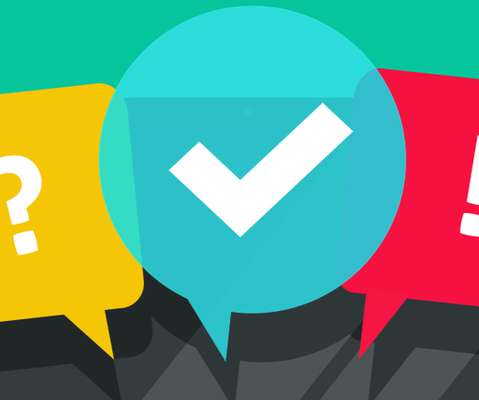


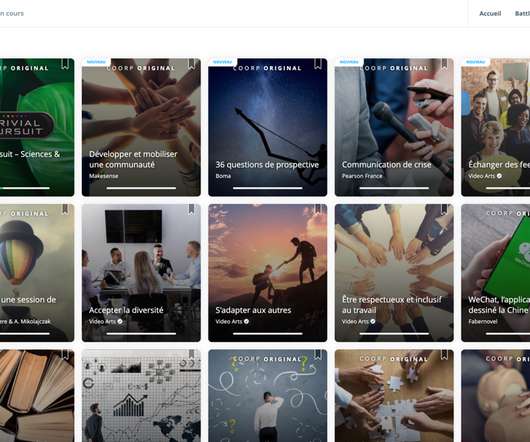
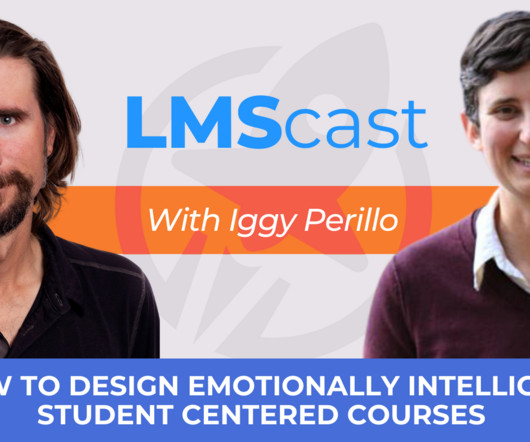










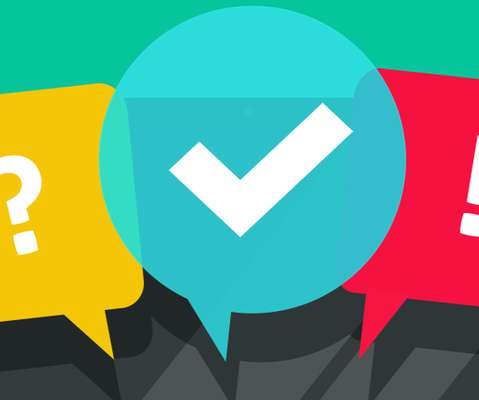




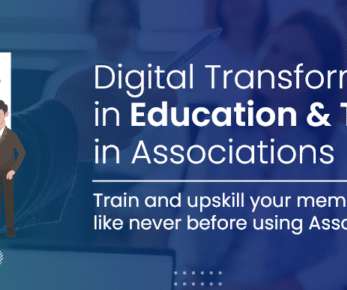

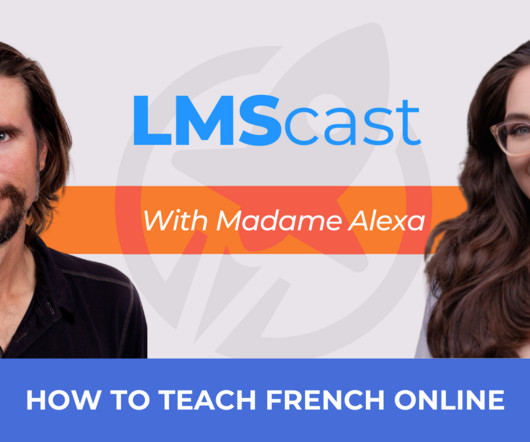













Let's personalize your content